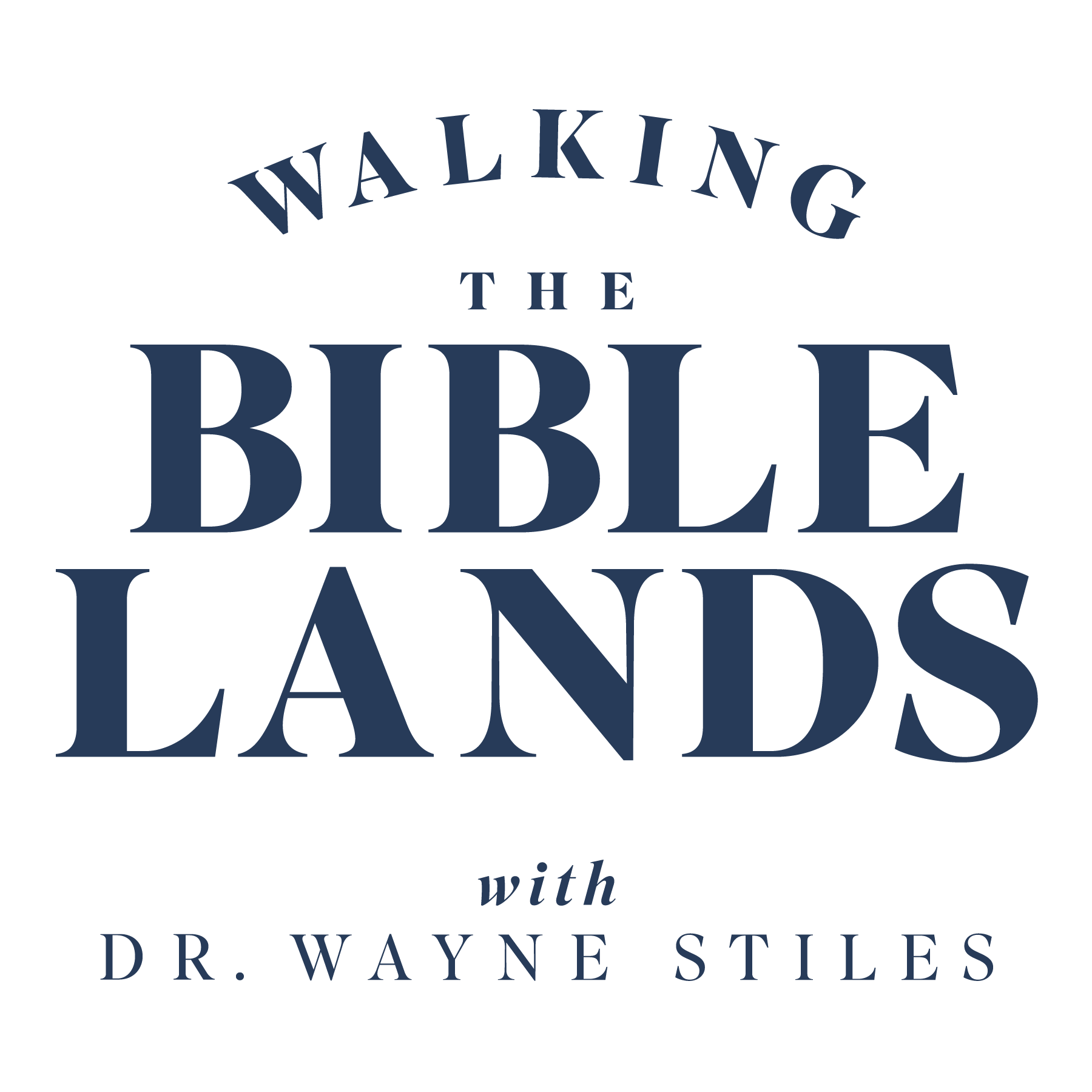2 min read
Why God Allows Us to Crash and Hurt
Our assumption misses an astounding part of God’s love.
Admin
:
Nov 8, 2016 9:00:00 PM

I will never forget the day when one of my daughters learned to ride her bike without training wheels. (The “fall” was an appropriate season for this event.)
As she sped down a hill toward a huge ravine, I saw written all over her face the message: “I’m not in control!”

(Photo: Monkey Business Images, via Vivozoom)
As she raced by me, I reached out and lifted her off the bike—saving her from the ravine but causing her to fall. As the bike launched into the abyss, my rescued daughter hopped up hotter than a hornet!
“Why did you do that, Daddy?!” To answer, I simply pointed to the bottomless gorge I saved her from. But that didn’t matter. All she could see was that I caused her to fall.
Years later, I pondered how we can carry this same attitude into our relationship with God.
Our Assumption: Fathers Protect Us from All Pain
The words of one woman make this clear:
I was raised in a conservative church where we were taught to seek God’s guidance. But I’ve concluded that all that teaching was a crock! Where was God when I needed Him? Why didn’t He give me a better family? Why didn’t He let me marry better men? God knew what was going to happen to me. He could have stopped it. But instead He’s letting me wallow in misery. It’s not fair.
The Christian life should bring the good things in life, right? God’s powerful love should protect us from having awful families, from miserable marriages, from losing our jobs, from losing a child, or from having accidents only “other people” have. So when reality hits, God becomes the scapegoat—because He could have stopped it all.
King David’s honest prayer reflects our own cries, doesn’t it?
How long, O Lord? Will You forget me forever? How long will You hide Your face from me? (Psalm 13:1).
Nothing aches so badly as God’s apparent apathy.

(Photo: by Vassil (Own work; CC-BY-3.0), via Wikimedia Commons)
Our culture points to our pain as proof that God doesn’t exist; but the devil uses our pain to convince us that God doesn’t care. (Take a moment and read that again.) And if Satan can get us to doubt God’s goodness, we stand on the edge of a life that uses our anger to justify sin.
Fathers, Feelings, and Faith
But notice, David not only expressed his feelings of abandonment, but he affirmed his faith in God’s goodness—even though he could not see it:
But I have trusted in Your lovingkindness; my heart shall rejoice in Your salvation (Psalm 13:5).
Even within the blur of seeming betrayal, David clung to God’s good character.
As parents, we can all understand why I jerked my daughter off her bike. But as a child, she lacked the capacity to understand my actions as coming from a heart of love. She couldn’t see past her pain toward the reason I allowed it—and even caused it.
As God’s children, we often lack this same insight.
If we acknowledge our Father’s goodness only in the pleasant things He allows, we yield to a childish nature that misses an astounding part of God’s love. We miss the wonderful growth we can experience from praising a good God who uses even our pain for our advantage.
Dive Deeper Into Scripture
Join us for a year-long interactive study of the New Testament & Proverbs that includes maps, photographs, and virtual tour videos that helps bring context and meaning to Scripture. Learn more:
Tell me what you think: Why do you think God allows such pain in our lives when He could easily stop it? To leave a comment, just click here.
Click here to leave a comment.
-1.png?width=5230&height=1198&name=unnamed%20(4)-1.png)

.jpg?width=350&name=Wayne-books-350wide%20(1).jpg)




